Jharkhand: What did Prof. NK Das say on ethics in CUJ’s capacity building program?
- Update Time : Thursday, May 18, 2023

Ranchi: A two-weekly ‘Capacity Building Program’ named ‘Research in Practice (Interdisciplinary)’ organized by the ‘Programme and Extension Cell’ of the Department of Education, Central University of Jharkhand is being organized online. Today was its ninth day on Thursday. In the first session of the program, Prof. NK Das (School of Education, IGNOU, New Delhi) spoke on ‘Ethical and Legal Considerations in Research (Ethics of Data Collection/Data Analysis, Conflict of Interest and others). He said that ethics is a systematized system of man’s actions from the point of view of his truthfulness and falsity, which works as a means of attaining ultimate happiness. Morality is the principle of right or wrong, while morality is its practice and law is the rules made by the government to regulate human actions in terms of right or wrong. The nature of ethics is as follows- it studies and analyzes values and guidelines in the context of universal principles. Philosophical thinking about ethics, moral problems and moral decisions, philosophical reflection on moral beliefs and practices, is normative in nature. There are two methods of studying ethics – deductive and inductive. There are also two approaches to ethics, such as non-normative and normative.
In the second session, Dr. Nagarkar Shubhada Prashant (Associate Professor, Coordinator Publication Ethics Center, Savitribai Phule Pune University, Maharashtra) spoke on the topic of Publications, List of Journals, Process, Scope and Challenges in UGC Care. He informed that the UGC Care List has been set up to match the global standards of high quality research. The provision of UGC CARE list has several objectives such as promoting research integrity and publication ethics in Indian universities, creating UGC CARE reference list of quality journals, introducing a two credit course on research integrity and publication ethics for MPhil and PhD students . The features of UGC Care List are- Dynamic, Quarterly update, Anyone can suggest new journal title by following the prescribed submission process, Feedback option is also provided. There are two groups of UGC Care List – one is UGC Care List-1, which includes mainly Indian journals and the other is UGC Care List-2, which includes mostly foreign journals. He also told about some things to be considered before sending a paper for publication. Like – cloned journal or identification of suspect etc.
Capacity building program in CUJ, Dr. K Rama Patnaik gave this important information on copyright and patent
In the third session, Prof. Ananth Kumar Giri (Madras Institute of Development Studies, Chennai) spoke on the topic ‘Research Opportunities Abroad – Scholarships, Fellowships and Others’. He told that foreign fellowship helps us to study and do research outside our country. It helps us to deepen our learning and establish networks of creativity and agape. These networks are not just digital and informal networks. They are networks of personal relationships, love, labor and learning across borders. After which he explained about various foreign fellowships with their essential qualification, terms and conditions. He explained in detail about various foreign fellowships like- Rockefeller Humanities Fellowship, Korea Foundation Fellowship, Humboldt Fellowship, Shastri Indo Canadian Fellowship, Fulbright, Indian Council of Cultural Relations and Indian Council of Social Science Research, and Fellowship of Transdisciplinarity.
What did former Vice Chancellor of Tamil Nadu Central University Padmashree Prof. AP Das say on the importance of research in CUJ?
In the fourth and final session Prof. Suba Chandran (NIAS, IISc, Bangalore) on ‘Research Proposal for Funding Opportunities and Consultancy and Think Tank of Research’ told that no one can teach how to write a proposal , is learned to write. Some things are taken care of before writing a proposal, such as whether it is being written at a personal level or at an institutional level. Before writing the proposal, some important things were also told like – for whom I am preparing the proposal? If I am answering a call – what does the organization mean? What has the organization supported? Whom has the organization supported? What does the call ask for? What are heads/sub-heads? Etcetera. The entire session was conducted by Dr. Snigdha Mishra (Assistant Professor). The whole session was guided by Prof. Tapan Kumar Basantia (Nodal Coordinator of the program).



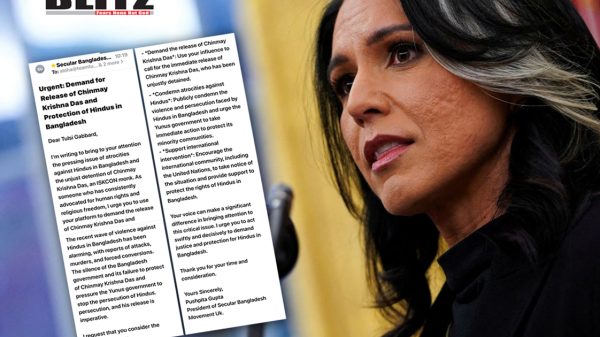
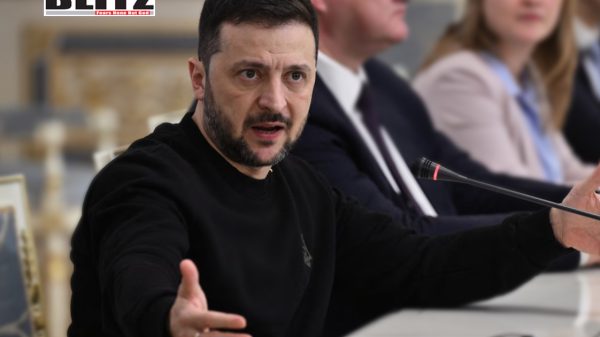
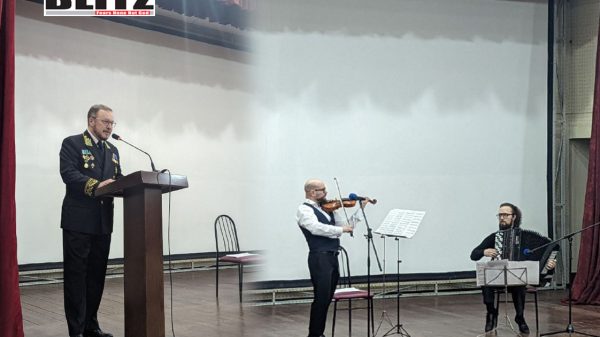

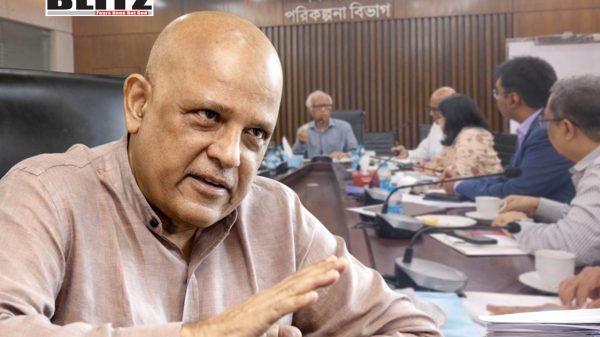
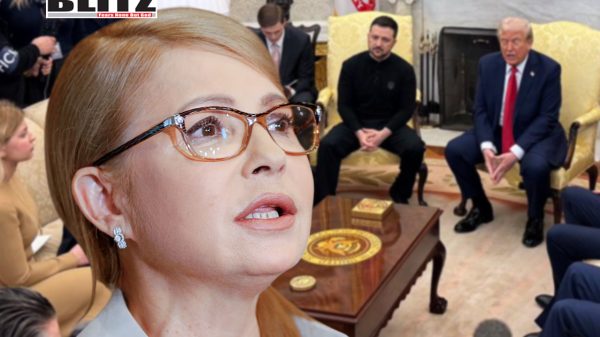
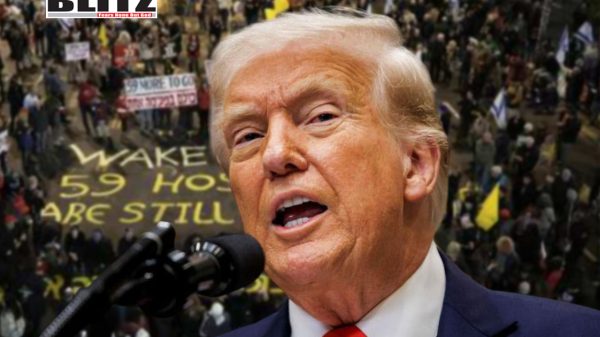
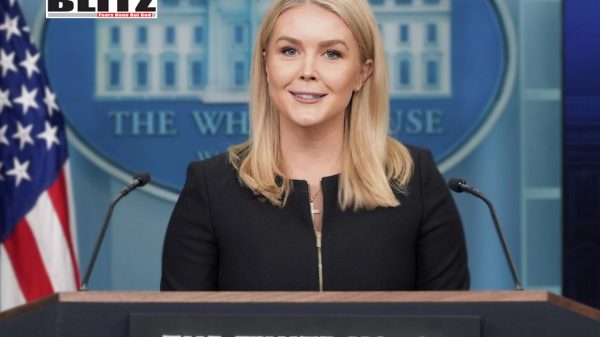


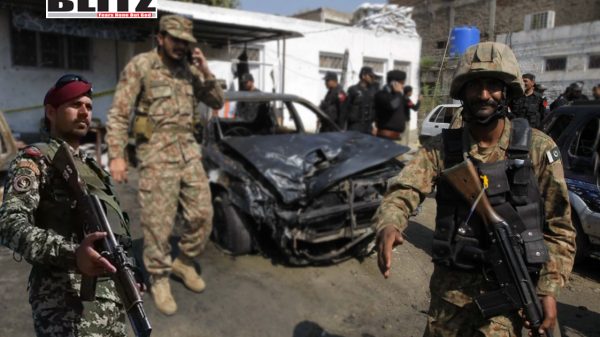
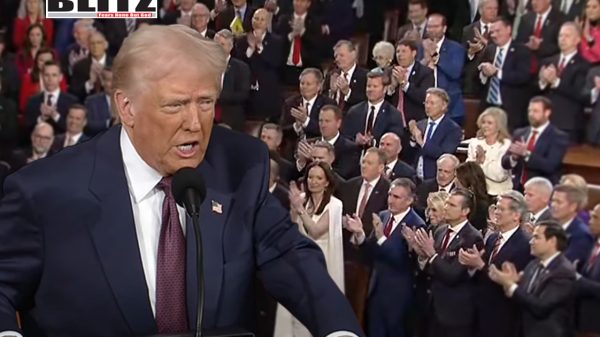
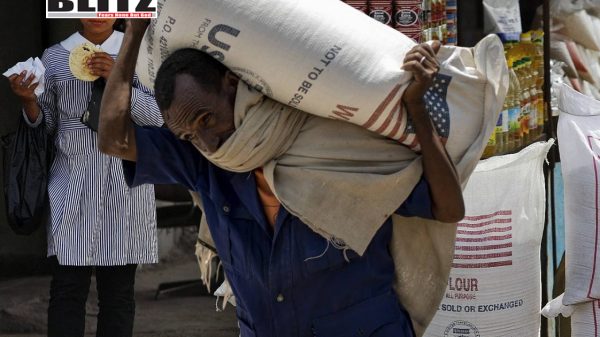
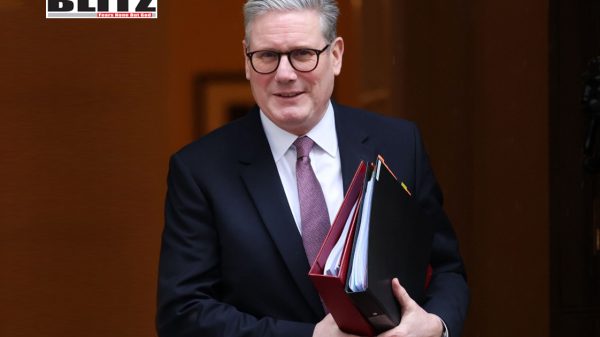
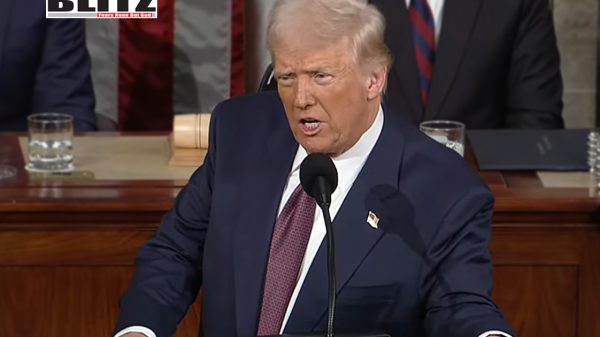

Leave a Reply